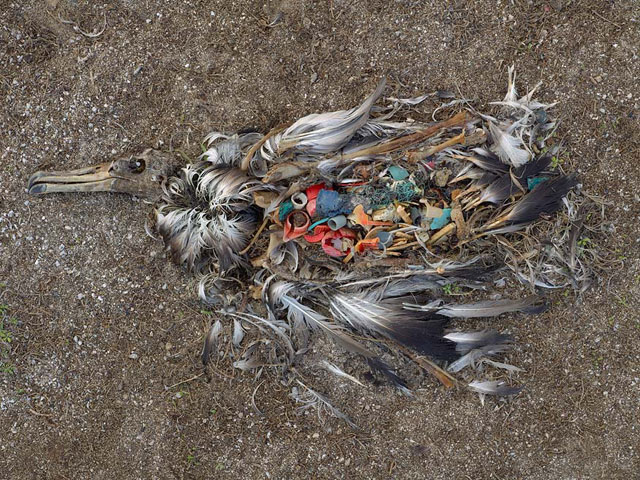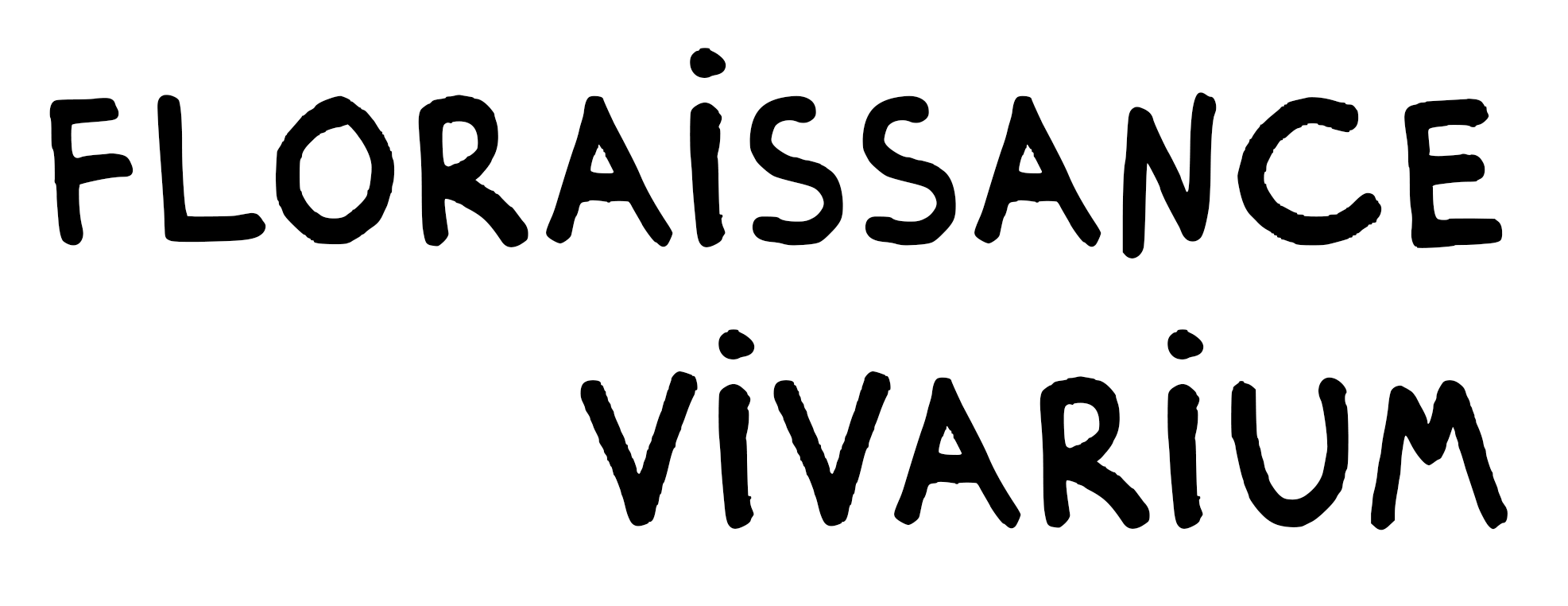
"Mother Nature is dead; her anthropocentric daughter - Daughter Nature - will grow inside our fence".
NEW CONCEPT OF NATURE.
Throughout human history, there have been countless conceptions of nature. “Nature”, from the Illuminist point of view, for example, is seen as real, physical matter that can be ordered, ranked and put to use in the light of science. From the Romantic point of view, however, “na- ture” is grand, disorderly and wild, a place where man can experience the sublime as great ecsta- sy. With Modern Art, “nature” steps back from the world we live in and becomes an abstract idea. In the past, regardless of how we conceived of it, nature didn’t need the help of humans to stay alive, in the way it needs ants and birds.
With the rise of the Anthropocene era, the way we understand nature changed - nature ceased to be an autonomous entity and become our gar- den - it has become subjected to human deci- sions. At the same way that we decide if a house- plant will live or perish in our home, we decide if a river will continue to ow or not, if a forest will continue alive or not. Mother nature is dead. Her anthropocentric daughter - Daughter Nature - will grow inside our fence.
Around the year 1500, with the help of Galileo and Copernicus, society adopted the idea that the Sun doesn’t revolve around the Earth, but it is the Earth that revolves around the Sun. At the same time, the idea that the earth and the universe work according to the laws of science (and not by divine will was accepted). In short, an illuminist conception of nature was developed in which nature was seen as a object illuminated by science. In that era, due to new astrological discoveries that enabled a new conception of and relation to nature itself, Renaissance culture was formed. Today, for the rst time in the history of humanity, nature needs the help of humans, as needs ants and birds, to stay alive. Humans have the power to decide whether the planet as a whole will collapse or not, if the rivers will ow or not, if the forest will survive or not. For the rst time, we play a decisive role, albeit a perverse one, in the ecosystems’ functioning. Is it possible that this new consciousness and relation with na- ture will take humanity to a new period in its history?



